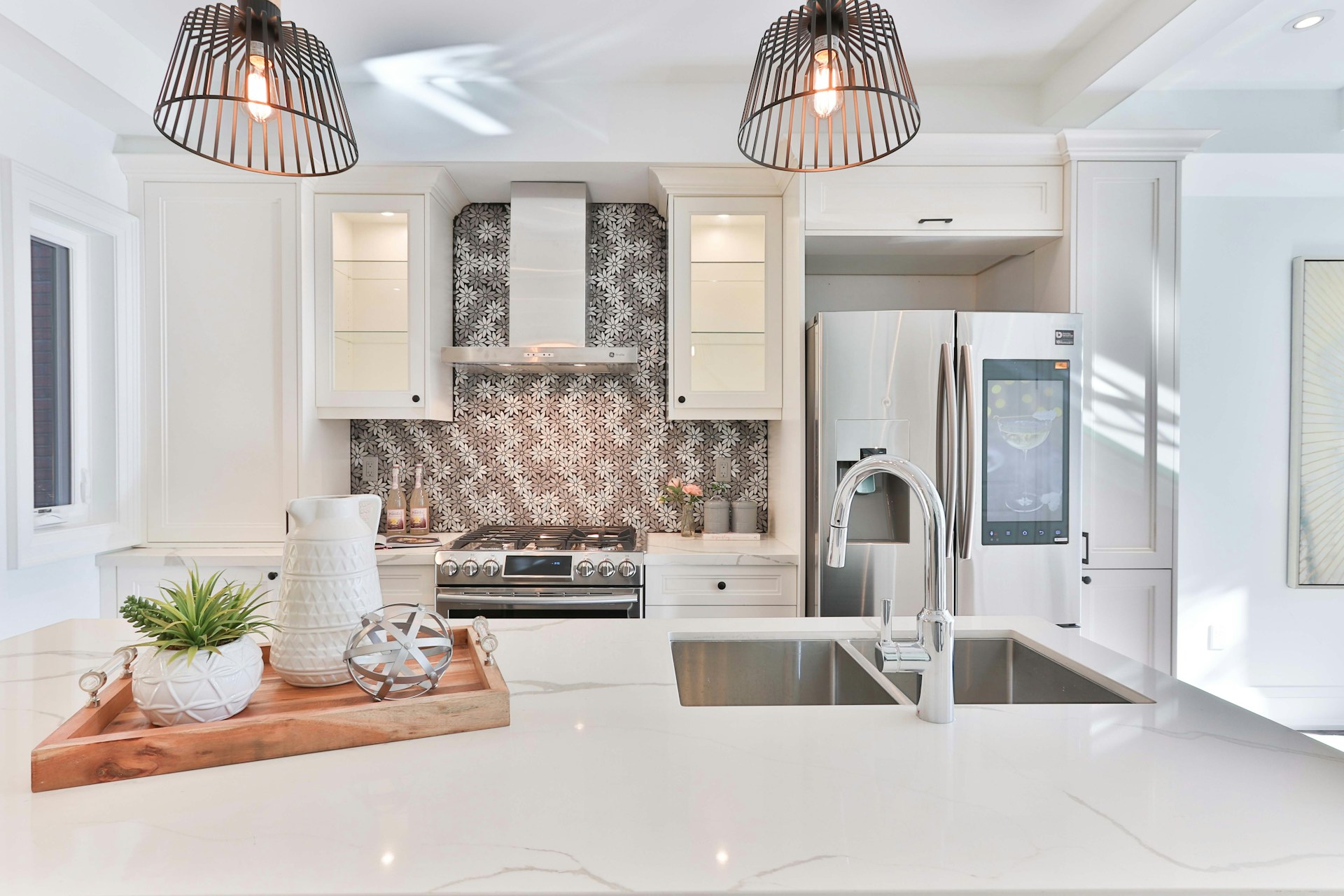While the charm of historic homes has its allure, the advantages of buying a new construction home are drawing more attention in today’s real estate market. In many areas, new constructions represent about a third of available listings, providing a fresh alternative for homebuyers facing competitive markets.
Advantages of New Construction Homes
1. Modern Design and Efficiency: New construction homes are built with the latest materials and standards, offering energy-efficient solutions, modern appliances, and state-of-the-art technology. This not only reduces the need for immediate repairs but also ensures lower maintenance costs.
2. Customization: One of the most appealing aspects of purchasing a new home is the ability to customize features to your taste. From kitchen cabinets and countertops to flooring and fixtures, buyers often have the opportunity to select their preferred styles and finishes, making their new house feel like a home from the moment they move in.
3. Warranties: New homes come with warranties that cover everything from appliances to structural integrity, providing peace of mind that you won’t face unexpected repair costs.
4. Modern Floor Plans: Reflecting contemporary living standards, new constructions often boast open floor plans, ample storage space, and additional amenities like home offices and media rooms, aligning with the needs of today’s families.
5. Community Amenities: Many new developments offer community amenities such as fitness centers, pools, clubhouses, and green spaces, which can enhance your living experience and foster a sense of community.
Potential Drawbacks of New Construction Homes
1. Higher Initial Costs: Typically, new construction homes are priced higher than pre-existing homes. This can be attributed to the modern features and potential customization options, which, while desirable, can stretch your budget.
2. Longer Wait Times: If you’re buying a home that hasn’t been completed, you may face wait times of several months. Current supply chain issues can extend these times further, which might be a significant inconvenience if you have a strict timeline for moving.
3. Developing Neighborhoods: New developments might lack the mature vegetation and community feel of established neighborhoods. It may take several years for newly planted landscaping to flourish and for the community to fully develop its personality and amenities.
4. Location Considerations: New housing developments are often situated on the outskirts of urban areas, which might mean a longer commute to city centers and established services.
Financial Considerations: Property Taxes and Incentives
New constructions can sometimes carry higher property taxes due to the need to fund infrastructure developments. However, builders often offer attractive financing incentives, such as mortgage rate buydowns or extended rate locks, which can offset some of the initial costs.
Making the Right Choice
Whether a new construction home is right for you depends on your budget, lifestyle, and how long you plan to stay in the home. While the upfront costs and ongoing development might be higher, the modern conveniences and potential for customization can make a new construction an excellent long-term investment.
Before deciding, consider how these factors align with your personal and financial goals. As always, working with a knowledgeable real estate professional who understands the nuances of new constructions in your area can provide invaluable guidance.



